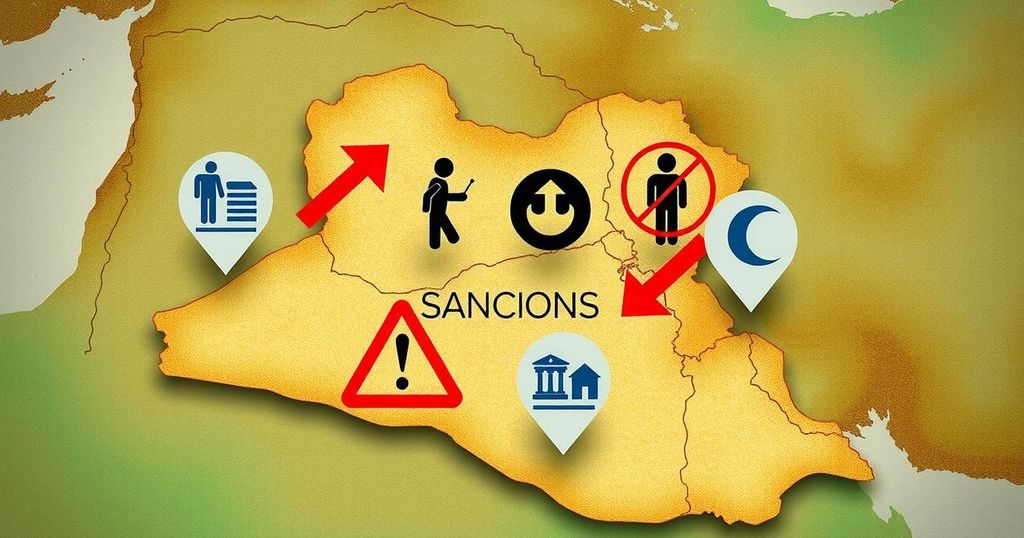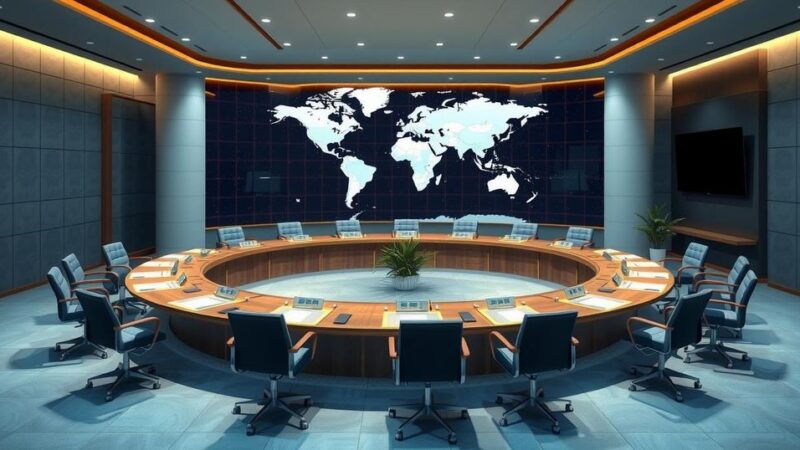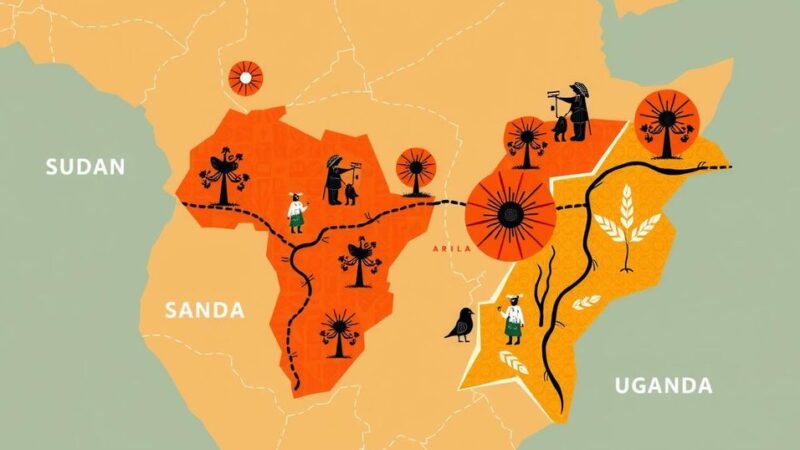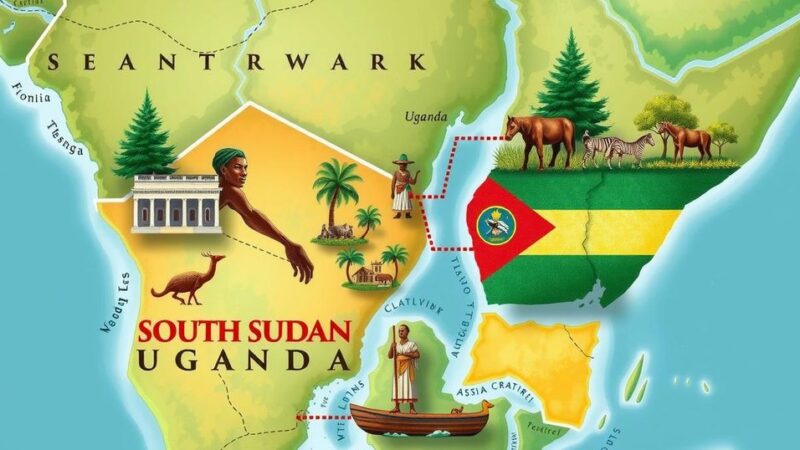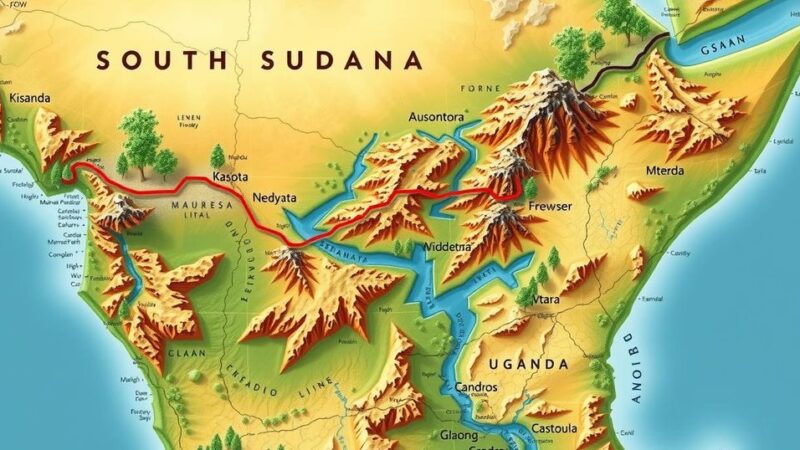Sheikh Jangi discusses geopolitical dynamics in Iraq and neighboring regions, emphasizing the challenges faced by the Syrian Democratic Forces and Iranian interference in Kurdish politics. He highlights a shift in US perspectives on Iraq, viewing it as a conduit for aiding Iran, and urges readiness for significant changes in the region.
Sheikh Jangi, the Kurdish politician, provided insights on regional dynamics, emphasizing the influence of the United States and Iran in Iraq, Syria, and Lebanon during an interview with Dijlah TV. He declared it ‘impossible’ for the Syrian Democratic Forces to surrender their weapons to the new Syrian administration, citing this issue alongside the underreported mass killings in Syria, which he deemed ‘unacceptable.’
In discussing the complexity of regional politics, Sheikh Jangi pointed out a connection between Syrian transitional President Ahmad al-Sharaa and Israel, aimed at protecting the Druze and Kurdish communities. He urged readiness for ‘larger upcoming transformations,’ indicating significant changes are already underway in Lebanon and Syria.
Further reflecting on domestic politics, Sheikh Jangi disclosed that his two seats in the Kurdish parliament were influenced by Iranian intervention. He relayed that Iranian security officials proposed an arrangement for gaining 14 seats in return for diminishing the influence of the Kurdistan Democratic Party.
Sheikh Jangi also touched upon the relationship between Baghdad and Washington. He noted that he had relayed an ‘indirect American message’ to the Coordination Framework, suggesting that the United States perceives Iraq merely as a vehicle for funneling resources to Iran. Additionally, he remarked that the US considers Sulaymaniyah to be associated with the ‘Resistance Axis.’
In conclusion, Sheikh Jangi’s remarks highlight the intricate interplay of regional affairs involving Kurdish politics, Iranian influence, and US perspectives on Iraq. His assertions regarding the Syrian Democratic Forces and the implications of Iranian interventions in Kurdish governance underline the complexities faced in the region. The evolving political landscapes in Iraq and adjacent areas signal the necessity for preparedness in response to potential shifts and transformations.
Original Source: shafaq.com
